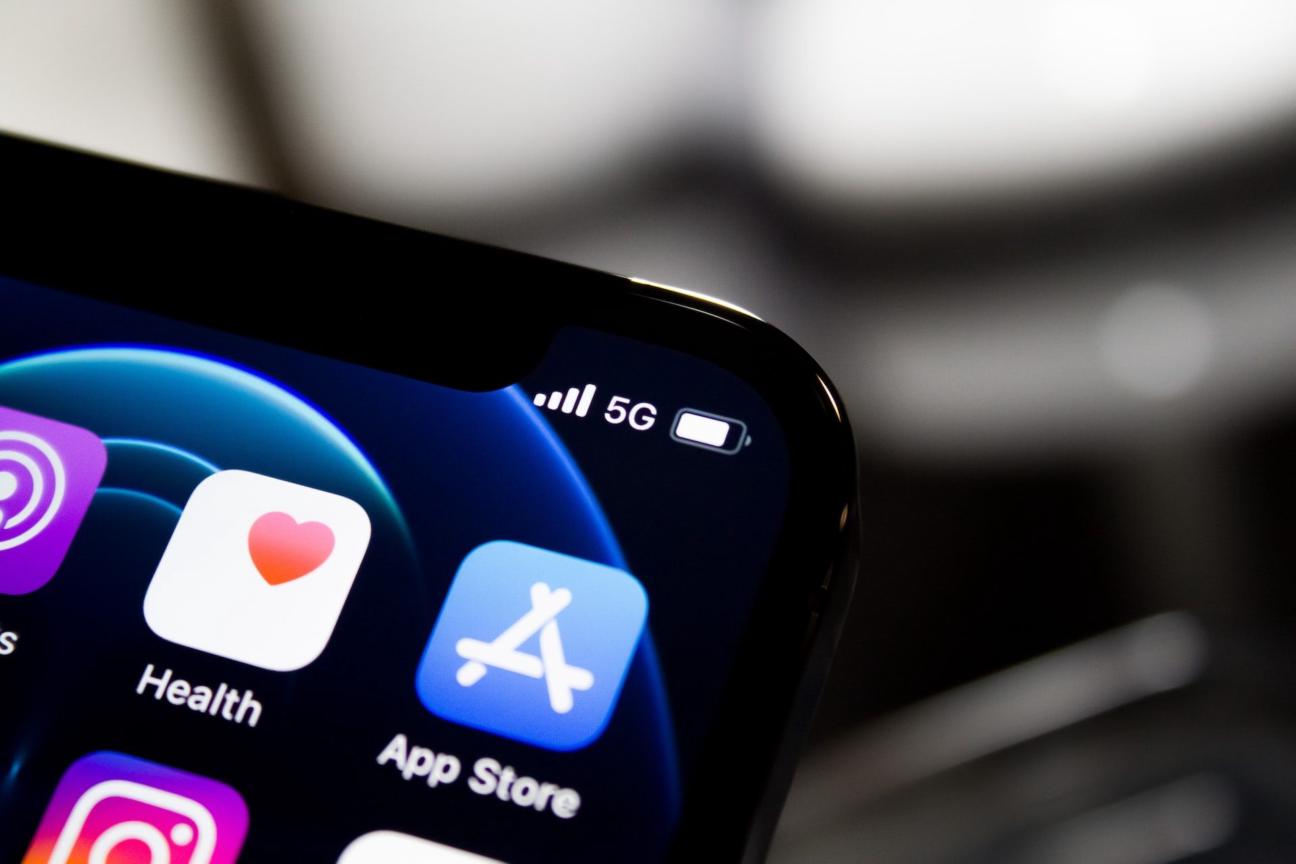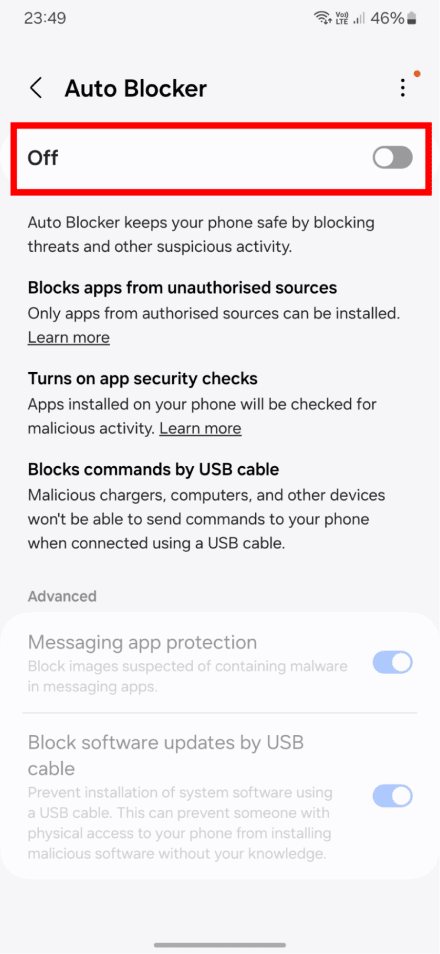Apple may allow alternative app stores and sideloading. What does it mean for developers and users?
Apple has built a walled garden with its App Store, and now is reportedly preparing to raze one of its walls by allowing users to download apps bypassing the official store. Bloomberg’s Mark Gurman reported that the change could be implemented in iOS 17.
Gurman wrote that Apple was “applying a significant amount of resources to the companywide endeavor”, an indication that Cupertino sees dismantling its own closed App Store ecosystem a priority. To an outside observer, such zeal must seem odd: Apple’s long-held policy has been to keep iOS developers and users within the confines of the App Store under the pretext that third-party software it has not verified is too dangerous from a privacy and security standpoint. In practice, it means that developers have no other choice but to publish apps to the App Store and pay either a 15% or a 30% commission on paid apps and in-app purchases (the latter applies if the developer made more than $1 million per year through the store).
This also means that if an app did not pass Apple’s often dragged-out and obscure review process, it becomes virtually non-existent for iOS users: they can not download it from the developer’s site or get it from any other source. In other words, Apple is playing the role of judge and jury in its own app store, and is free to sentence apps it does not like to a life-long exile for any given reason.
Android users have been much more lucky in that regard. Unlike Apple, Google allows sideloading and alternative app stores, but likewise restricts payment methods.
What is causing Apple’s U-turn?
The reason for Apple’s impending U-turn is not a sudden change of heart, but regulatory pressure. A new EU law, called Digital Markets Act (DMA), which came into force past November, challenges the dominance of tech industry bigwigs such as Apple, Google, Amazon, and Microsoft. Under the DMA, tech giants are prohibited from “imposing unfair conditions on businesses and end users,” and, among other things, must adopt changes “allowing developers to use alternative in-app payment systems or allowing end users to download alternative app stores.”

Companies have until 2024 to become fully compliant with the law. Repeat violators risk a steep fine of up to 20% of the company’s annual global revenue, which in Apple’s case could be around $80 billion. Considering that Apple’s total revenue in Europe was $95 billion in 2022, the threat of a fine of that magnitude is not something that Apple can easily shrug off.
The fact that Apple is being forced to open its ecosystem is good news for iOS developers who may finally be able to publish their apps on third-party platforms, avoid high App Store fees, and build their apps in accordance with their original vision without the need to water down functionality at Apple’s request at the risk of imminent expulsion. Power users also stand to benefit from the change: in theory, they will be able to download the apps they want (even if those did not make it to the App Store) and, potentially, at a lower cost.
Of course, much will depend on how exactly Apple plans to comply with the law and whether it finds some loopholes that will allow it to keep charging fees and impose restrictions on apps even if they are not listed in the official App Store.
Although Apple has yet to confirm the policy change, there has been some early reaction from developers. On New Year’s Eve, Epic Games, the world’s leading gaming brand, teased the return of its once massively popular Fortnite app to iOS, but not to the App Store. EpicGames has long accused Apple and Google of monopolizing the market. The game maker’s very public feud with Apple began in August 2020, when Epic allowed iOS users to buy in-game currency not through the App Store in violation of the latter’s terms of service. In response, Apple kicked the Fortnite app off the store. The ensuing legal battle ended mostly in favor of the tech giant, with the US court ruling that Apple was not a monopoly.
The news that Apple is (still reportedly) about to lift its long-running ban on sideloading and alternative app stores sounds exciting, but it may be too early to celebrate. First of all, according to Bloomberg, the changes will only affect Europe, and in order for them to take effect globally, other countries will need to pass similar laws — one can be fairly sure that Apple won’t agree to lose the leverage and the commission of its own volition. Second, there are just too many unknown variables, and we have yet to see the DMA being enforced. Third, there is no shred of doubt that Apple will try to cushion the blow and do its best to cling on to the power and the money. According to Bloomberg, the company seems to be already looking for workarounds.
If something is too good to be true, it probably is
Apple, like Google, argues that the high fees it charges developers is a fair price to pay for the unrivaled security it provides. The funds go towards developer tools as well as malware and fraud detection. But despite the supposedly rigorous moderation process, bad apps still regularly make their way into the App Store. Moreover, fraudelent apps have been known to remain in Apple’s mobile store for months after being reported by security researchers.
Whether Apple’s ability to weed out bad apps is really as good as it claims it to be is up for debate, but Apple wants to keep charging for it.
“To help protect against unsafe apps, Apple is discussing the idea of mandating certain security requirements even if software is distributed outside its store. Such apps also may need to be verified by Apple — a process that could carry a fee,” Bloomberg reports. It’s too early to say whether a “security fee” will be introduced, and whether it will be comparable with the lost commission revenue, but it looks like a clever way to game the system.
It is not the only pitfall that those rejoicing at the news of Apple opening up its ecosystem should expect.
Apple’s approach to make itself compliant with the DMA may turn out to be quite selective. Thus, according to Bloomberg, “Apple hasn’t made a final decision on whether to comply with a component of the Digital Markets Act that allows developers to install third-party payment systems within their apps.” That means that every in-app transaction will potentially still involve Apple.

Both Google and Apple restrict the use of third-party payment systems for in-app purchases. But over the past few years, their grip has somewhat loosened up. Thus, Apple was forced to allow alternative billing methods by regulators in South Korea and the Netherlands. However, Cupertino made sure it won’t be at a big loss. The tech giant charges South Korean apps using a third-party in-app payment provider a 26% commission on transactions, and Dutch dating apps — a 27% transaction fee.
Is Apple’s absolute reign over the App Store coming to an end?
If Apple does allow sideloading and alternative app stores, it will open the door to competition, and competition is what drives progress. As the saying goes, by boosting others, you boost yourself. Developers will be able to choose how to distribute their apps, will potentially be able to cut costs, while end users will enjoy more options as well.
However, the devil is in the details, and, as for now, we don’t have a clear picture as to how the mechanism will work. It is more than likely that Apple’s reign over its fiefdom, namely the App Store, is far from over. We fully expect the tech giant to try to bend the rules and follow the letter of the law without necessarily following it in spirit.
Much will also hinge on the willingness of EU regulators to enforce the Digital Markets Act in earnest, or, conversely, their willingness to cut so-called “gatekeepers” some slack.
For our part, we hope that this sweeping regulatory effort will limit Apple’s dominance for the benefit of technology entrepreneurs and users alike. We believe that the degree to which Apple restricts well-meaning iOS developers is excessive and unwarranted, and that it is only fair that they be allowed to distribute their apps freely, just as they already do on desktops.


































